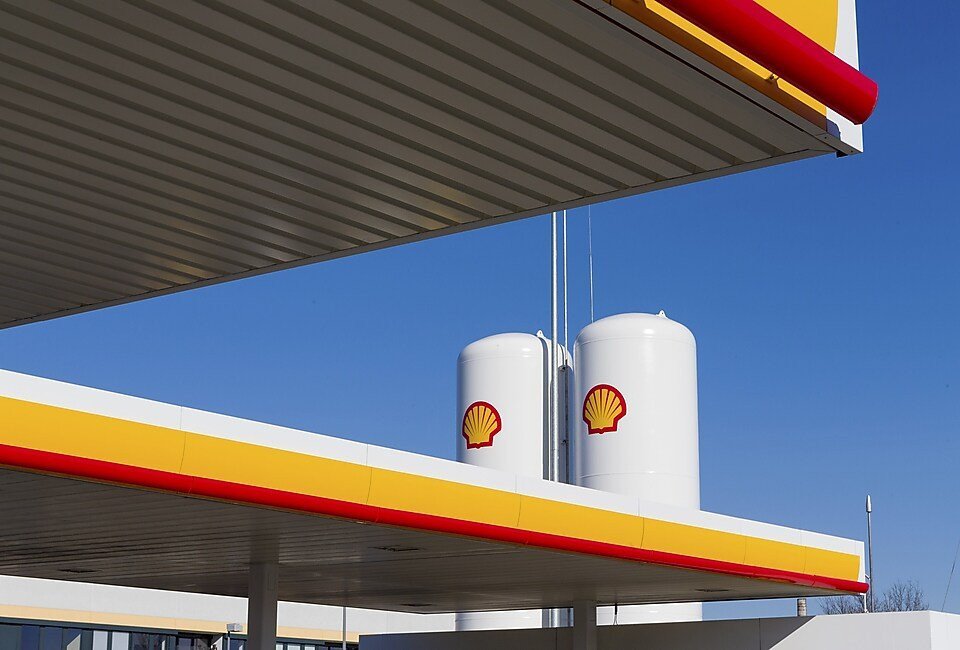The subsidiaries of Shell plc - Shell Nederland B.V. and Shell Overseas Investments B.V. - have announced their final investment decision to build 'Holland Hydrogen I' project, which is touted as Europe's largest renewable hydrogen plant once operational in 2025.
A 200MW electrolyzer will be constructed on the Tweede Maasvlakte in the port of Rotterdam in Netherlands and will produce up to 60,000 kilograms of green hydrogen per day, according to the company. The project will be using electricity generated by the offshore wind park Hollandse Kust Noord.
The H2 produced in the plant will supply the Shell Energy and Chemicals Park Rotterdam, by way of the 'HyTransPort' pipeline, where it will replace some of the grey hydrogen usage in the refinery. Shell claims that this will partially decarbonize the facility's production of energy products like petrol and diesel and jet fuel.
As heavy-duty trucks are coming to market and refueling networks grow, renewable hydrogen supply can also be directed toward these to help in decarbonizing commercial road transport, the company adds.
"Holland Hydrogen I demonstrates how new energy solutions can work together to meet society's need for cleaner energy. It is also another example of Shell's own efforts and commitment to become a net-zero emissions business by 2050," said Anna Mascolo, Executive Vice President, Emerging Energy Solutions at Shell.
"Renewable hydrogen will play a pivotal role in the energy system of the future and this project is an important step in helping hydrogen fulfill that potential," she added.
Shell's ambition is to help build a global hydrogen economy by developing opportunities in the production, storage, transport, and delivery of hydrogen to end customers. The company considers Holland Hydrogen I's approval an important milestone on that journey not only for the Netherlands, as a leader in the hydrogen economy, but also for the Shell group globally.
At present, the company owns and operates around 10 percent of the global capacity of installed hydrogen electrolyzers, including a 20 MW electrolyzer in China and a 10 MW proton exchange membrane (PEM) electrolyser in Germany. They can produce 3,000 tonnes and 1,300 tonnes of hydrogen a year respectively.
Read More

